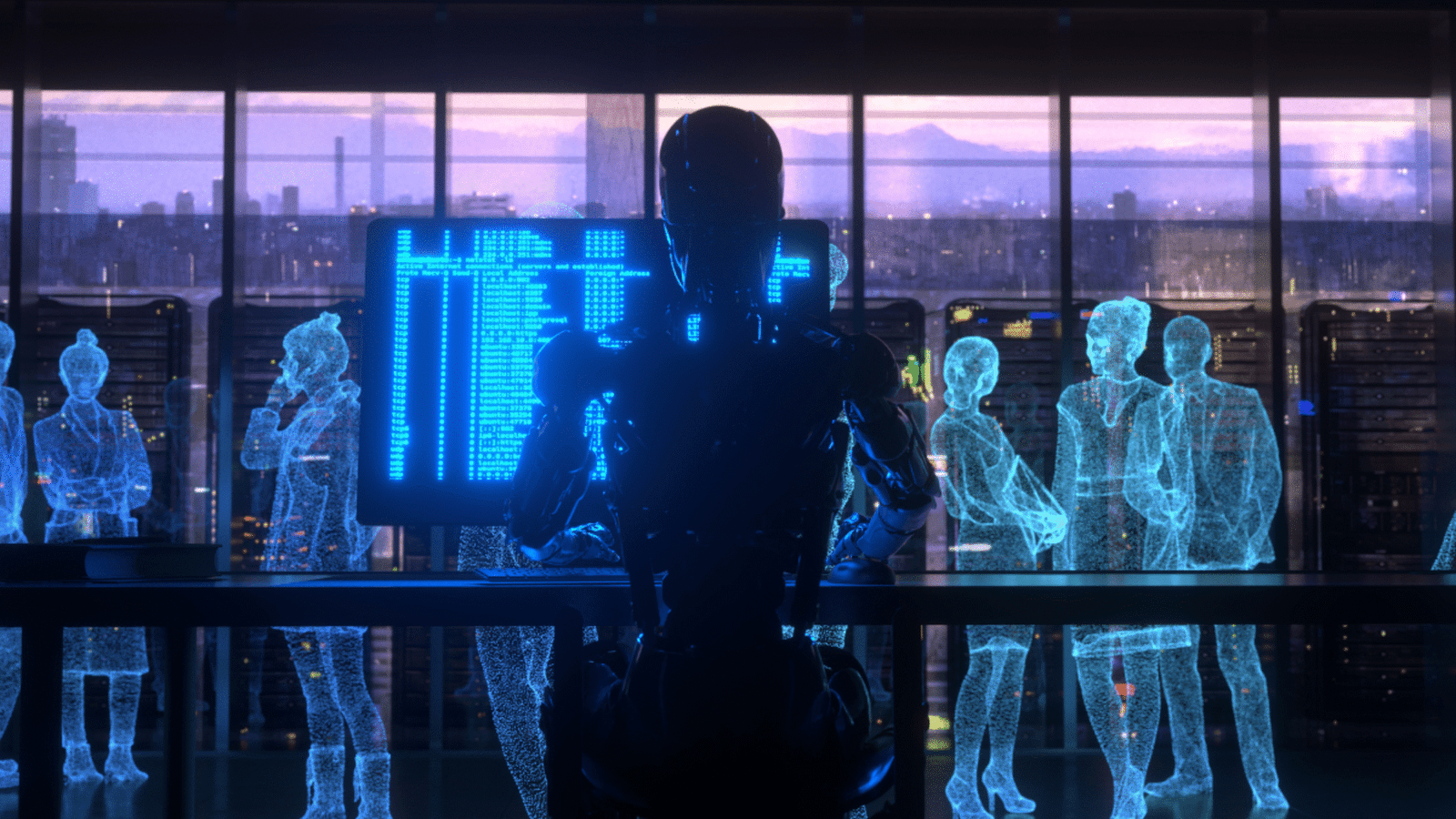Artificial Intelligence has already transformed how we work, communicate, and do business. But 2025 marks a shift from AI as a simple tool to AI as an active collaborator. The driving force behind this change? AI agents.
These autonomous digital assistants don’t just respond to prompts — they plan, execute, and adapt tasks on their own. For businesses and everyday users, this evolution is set to be one of the biggest game-changers of the year.
What Are AI Agents?
Unlike chatbots or virtual assistants that rely heavily on step-by-step instructions, AI agents are designed to operate independently.
They can:
- Understand goals, not just commands.
- Break large tasks into smaller steps.
- Connect to apps, data sources, and APIs.
- Learn from outcomes and adjust strategies.
Think of them as digital co-workers who can manage projects, troubleshoot issues, and even make informed recommendations — all without needing constant supervision.
Why 2025 Is the Year of AI Agents
The technology has been quietly developing for years. But several trends are converging in 2025 to bring AI agents into the mainstream:
- Cheaper computing power makes complex models more affordable.
- Integration with everyday tools (Slack, Outlook, Shopify, CRMs) means adoption is seamless.
- Advances in reasoning and memory allow agents to handle multi-step workflows.
- Demand for efficiency pushes businesses to look beyond basic automation.
In short: AI agents are moving from “experimental” to essential.
Real-World Use Cases
Here’s where AI agents are already proving their value:
- Customer Service: Agents handle support tickets, escalate only complex cases, and deliver faster resolutions.
- Marketing & Sales: They manage outreach campaigns, follow-ups, and CRM updates automatically.
- Project Management: Agents coordinate team tasks, track progress, and highlight roadblocks.
- Finance & Admin: From generating invoices to reconciling accounts, agents save hours of manual work.
- Personal Productivity: Scheduling, travel planning, and email drafting are handled without constant input.
Benefits for Businesses
Adopting AI agents in 2025 isn’t just about staying trendy — it’s about unlocking measurable results:
- Time savings: Free staff from repetitive tasks.
- Cost reduction: Lower operational overhead.
- Scalability: Handle growth without dramatically increasing headcount.
- 24/7 operations: Agents don’t sleep — they deliver around the clock.
- Improved customer experience: Faster, more accurate interactions.
Challenges to Watch
As with any breakthrough, there are hurdles:
- Trust and oversight: Businesses must ensure agents stay aligned with company goals.
- Security risks: Improperly managed access to systems can create vulnerabilities.
- Regulation: Compliance frameworks are still catching up with autonomous AI.
- Cultural change: Teams must learn to collaborate with digital colleagues.
Addressing these challenges early will separate leaders from laggards.
How to Get Started
For businesses looking to explore AI agents in 2025:
- Start small: Identify one or two repetitive workflows to automate.
- Choose the right tools: Look for platforms that integrate easily with your existing systems.
- Monitor performance: Set KPIs to measure impact and adjust.
- Educate your team: Help staff understand how agents support (not replace) them.
- Scale gradually: Once benefits are proven, expand usage across departments.
The Bottom Line
AI agents are more than just the next step in automation — they’re a new category of digital worker. In 2025, expect them to move from pilot projects into the core of how businesses operate.
Whether you run a small business or a global enterprise, one question is worth asking:
**Are you ready to let AI agents become part of your team?


Add a Comment